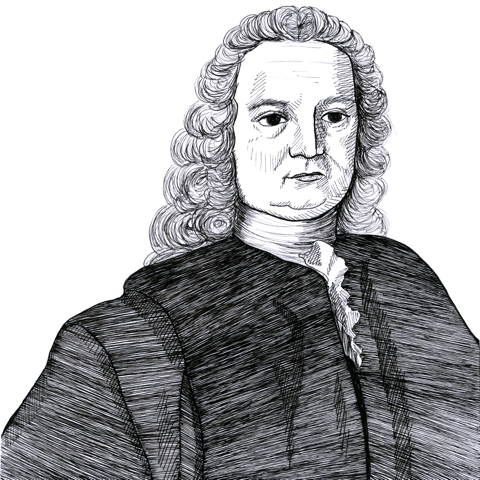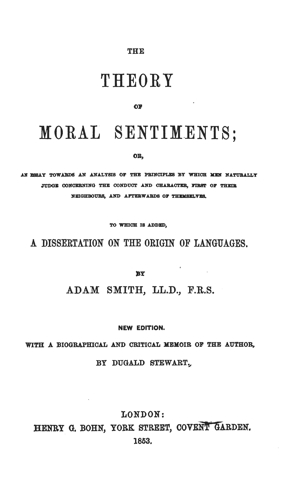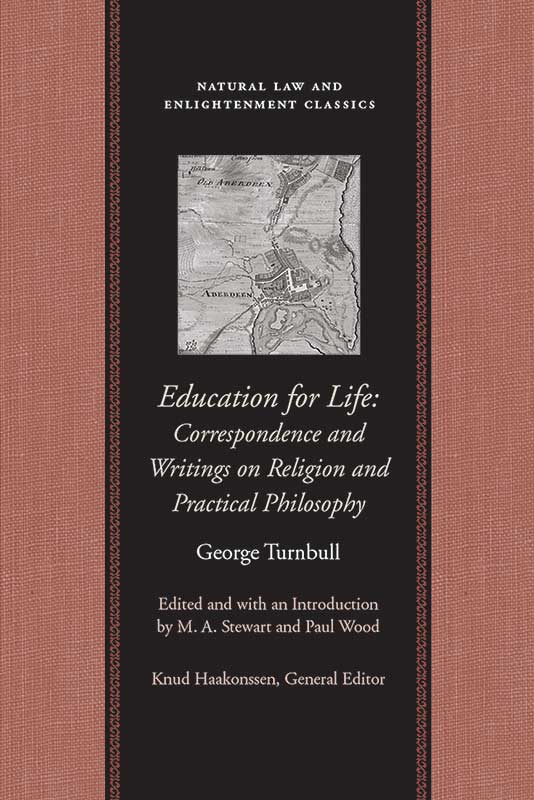
Education for Life
- George Turnbull (author)
- Knud Haakonssen (editor)
George Turnbull belongs with a group of early Scottish Enlightenment thinkers, including Francis Hutcheson, who found their native Calvinism too repressive. They sought to relocate religion within a context of reason and science and to establish a tolerant and humane ethic upon values rooted in classical ideals.
Show more
In a distinctive voice, Turnbull presented natural-law theory “scientifically,” harnessed the arts to promote moral and civil virtue, and extolled reason as the foundation of liberty. The works in this volume exhibit the close interrelations between these concerns and show him as a paradigmatic “Enlightenment” figure. This extremely rare material includes two Aberdeen graduation theses, three tracts on religion, various writings on education and art, and, for the first time in print, the correspondence of Turnbull.
Related People
Critical Responses
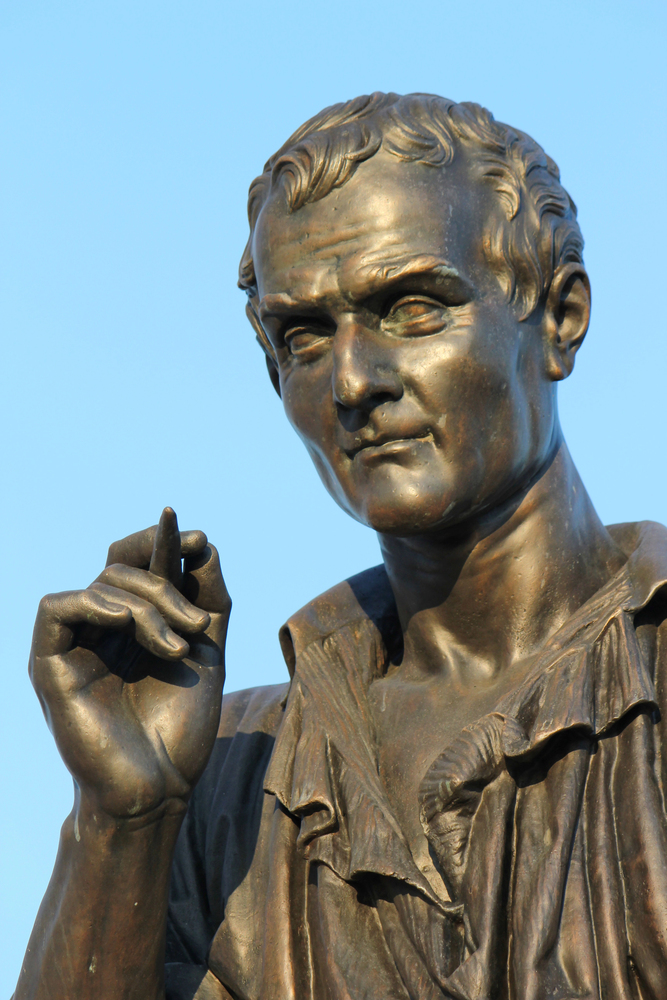
Book
Emile, or EducationJean-Jacques Rousseau
Turnbull’s educational philosophy emphasizes early moral instruction and the development of civic virtue through discipline and structure. Rousseau challenges the very foundation of Turnbull’s project, claiming that imposed moral instruction stifles authenticity and self-development.
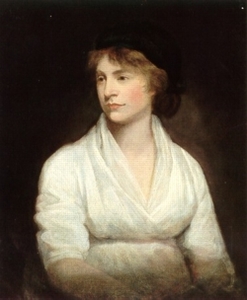
Book
A Vindication of the Rights of WomanMary Wollstonecraft
Turnbull’s educational ideal reflects an 18th-century masculine civic model of virtue, often excluding or stereotyping women. Wollstonecraft exposes the gender bias in moral education frameworks like Turnbull’s, challenging the assumption that virtue is gendered or that women’s moral agency is…
Connected Readings
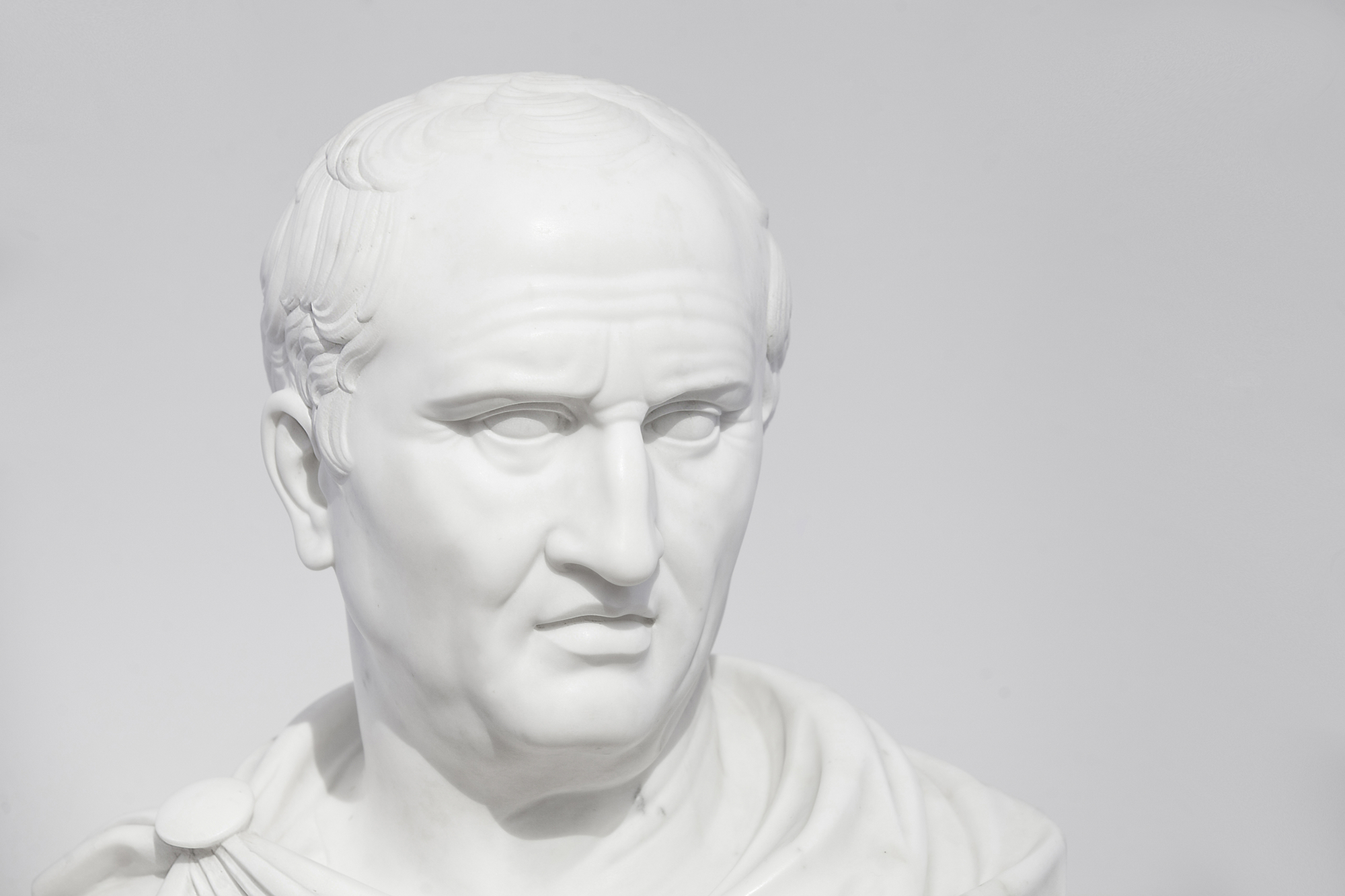
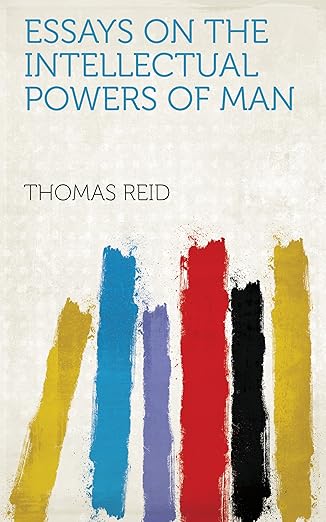
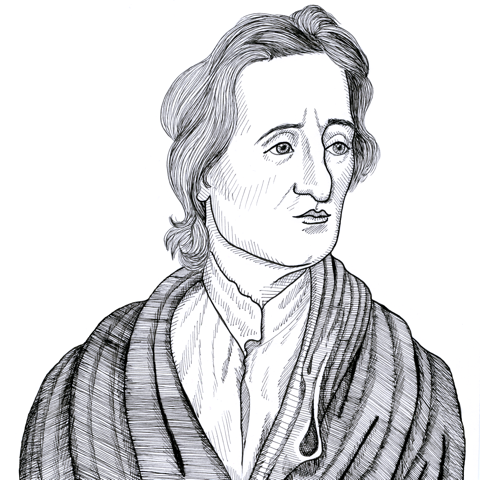
Book
The Works of John Locke in Nine VolumesJohn Locke
Volume 8 (Some Thoughts Concerning Education)
